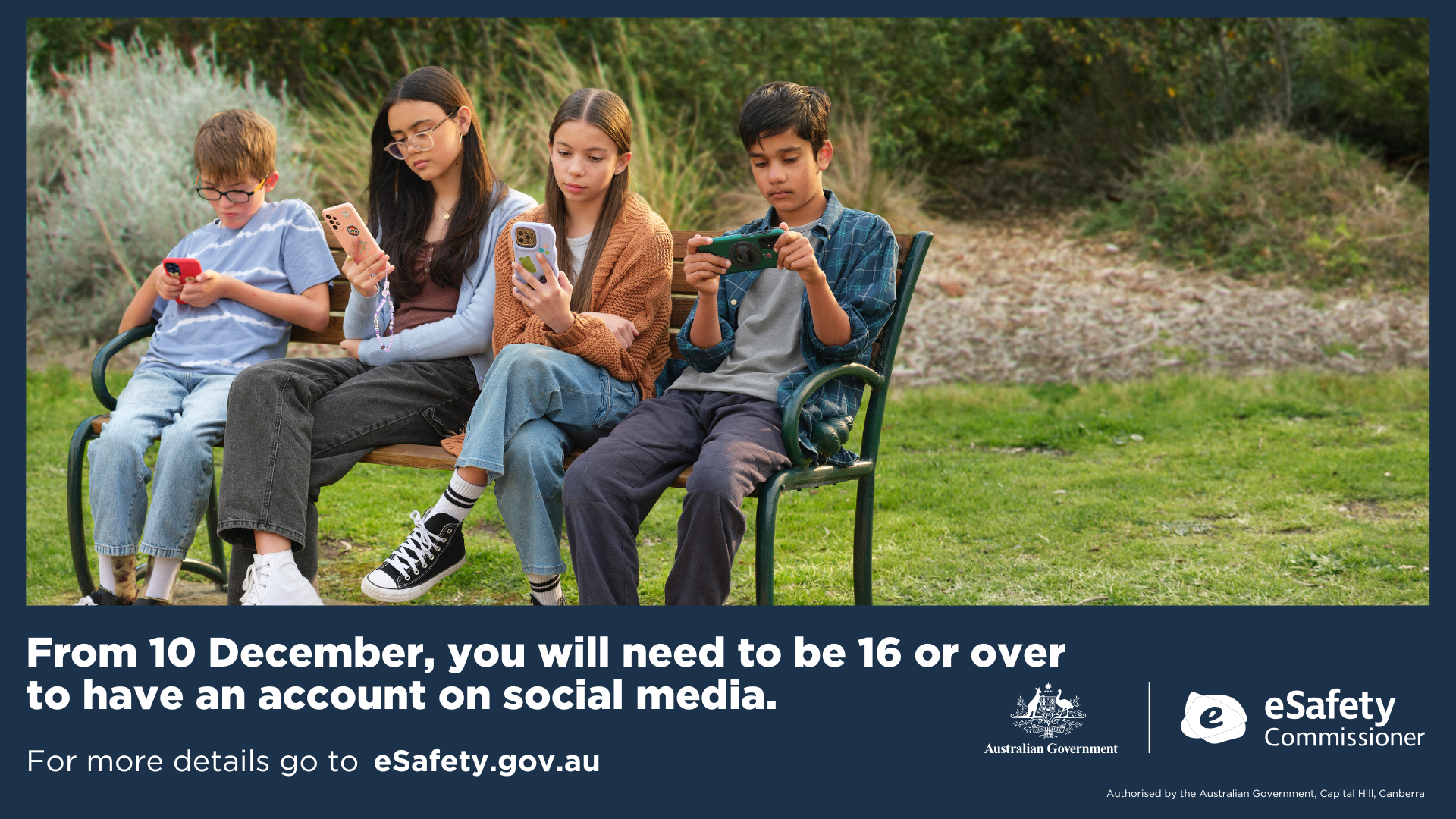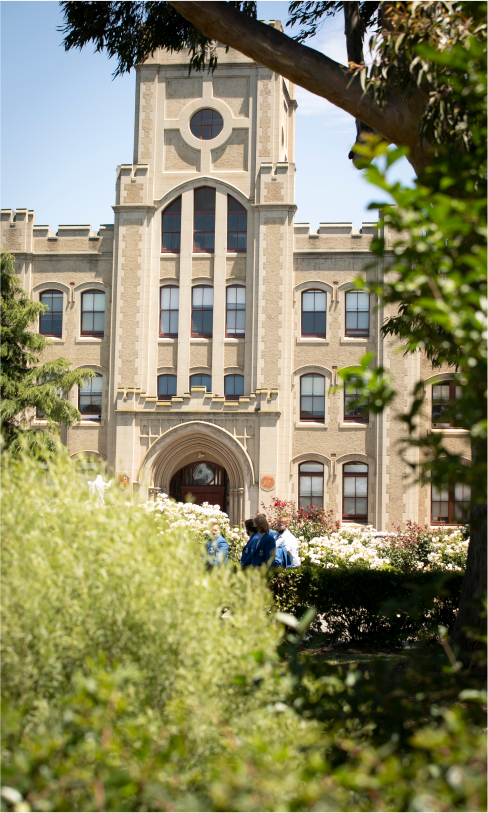By Dr Michael Carr-Gregg, Adolescent Psychologist
The Albanese Government’s upcoming social-media ban for under-16s has divided the nation. Whether you cheer it or curse it, one thing is certain: it’s coming this December. And it won’t be the politicians who determine its success. It’ll be parents, in kitchens, cars, and living rooms, deciding whether this becomes a public-health breakthrough or a household breakdown.
This isn’t punishment. It is protection. Let’s stop framing this as some draconian move. This is about protecting developing brains from platforms built to hijack attention and distort self-worth. As the World Health Organization warned in 2024, "Excessive screen use in adolescence is linked to sleep disruption, anxiety, and poor academic outcomes."
Neuroscience tells the same story. Every ping and like fires dopamine in the brain’s reward system, the same neural pathway lit up by gambling.
As Professor Jonathan Haidt of New York University puts it starkly: “We gave teenagers slot machines disguised as phones.” So yes, when those apps vanish, expect withdrawal.
Here are five ways parents can prepare:
1️⃣ Talk early and often.
Don’t wait for December 10. Start the conversation now. Explain why this is happening: social-media companies have prioritised profit over kids’ wellbeing. This isn’t about control — it’s about care. As eSafety Commissioner Julie Inman-Grant said: “It’s not about banning childhood curiosity — it’s about curbing corporate exploitation.”
2️⃣ Expect pushback.
There will be outrage, sulking, maybe tears, a door slam or two. That’s normal. Stay calm and consistent. You wouldn't negotiate over seatbelts or cigarettes.
3️⃣ Fill the void.
Replace scrolling with something purposeful — sport, art, music, volunteering or part-time work. Without purpose, boredom becomes the enemy; and that's when kids find workarounds.
4️⃣ Lead by example.
If you’re glued to your own phone, your message won’t stick. Teenagers don’t learn from lectures; they watch lives...with a front row seat at yours.
5️⃣ Make a digital family plan.
Create shared rules: no devices in bedrooms, no screens at meals, regular screen-free time. Put it in writing and stick it on the fridge. Consistency creates calm.
A national reset moment
This is a once-in-a-generation opportunity to redefine childhood in the digital age. For too long, we’ve handed kids devices that deliver endless validation from strangers — and then wondered why they’re anxious, distracted and lonely. If we get this right, Australia could become a world leader in protecting young minds — and we might just rediscover the joy of being fully present.
Because sometimes, the most radical thing we can give each other is not more information…but our undivided attention.






















